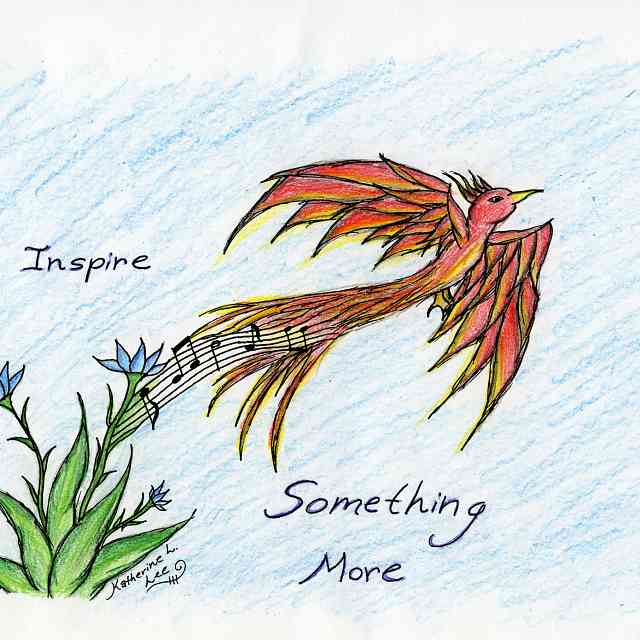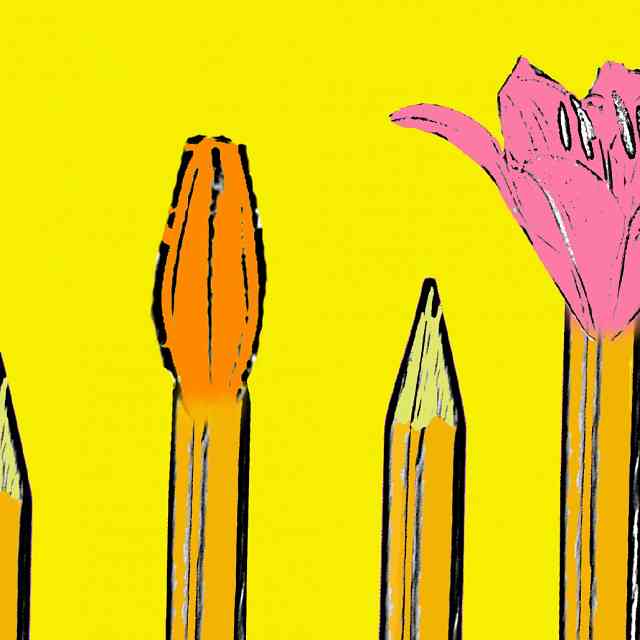Student Writing Contest Finalist, 12-14 age group
I started taking violin lessons at the age of five. Since I played my first piece of sight reading, I knew that it was not going to be easy for me.
Sight reading has always been a challenge for me because when I make a mistake, I naturally pause or go back and try to fix it. This is a problem, especially when I audition for orchestras. Sometimes, there are high notes, odd key signatures, and tricky rhythms in the short sight reading selections for orchestra auditions. These are usually the reasons for my mistakes. I am not very experienced in sixth position and have a hard time playing high notes on the E-string without practice. By the time the judge says “you may begin” I am still left counting the ledger lines on the high notes. I have played songs that have five sharps or flats in the key signature and have learned how easy it is to forget a sharp or flat.
I am solving this problem by doing extra sight reading and shifting practice. As soon as I see an unfamiliar piece of music, I look over it to see if there are any tricky spots that I might need to watch out for while playing. This helps me improve my sight reading skills. I have also asked my teacher to spend more time on sight reading and shifting exercises in my lessons.
My teacher supports me when I feel frustrated because I think an exercise is too difficult. Violin has improved my memory and has also made me more patient. Learning new positions and pieces is not always easy for me and may take a while. Playing violin has taught me that I must work hard and practice in order to play violin better.







